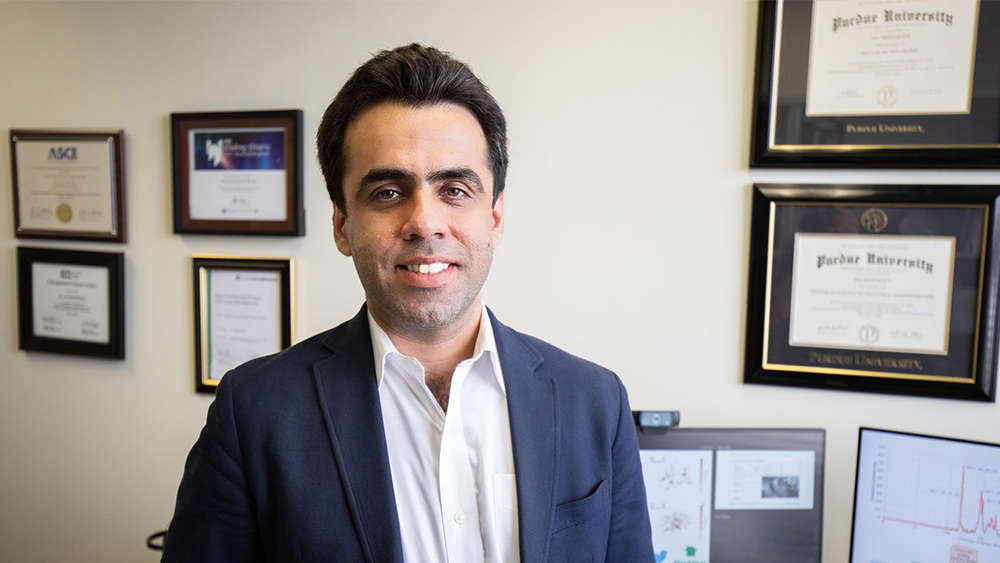
Dr. Ali Mostafavi, assistant professor in the Zachry Department of Civil and Environmental Engineering, recently received a grant from the National Science Foundation (NSF) to better understand, predict and effectively respond to the risk of infectious disease outbreaks in urban areas.
“My Urban Resilience Lab has been investigating the robustness and resilience of urban systems in the face of different disruptions such as floods, earthquakes and wildfires. Urban resilience to pandemics is a relatively under-studied dimension for us and other researchers in the field," Mostafavi said. "We are honored to receive this award from the NSF to advance the fundamental understanding and methods in this area. In this project, we will harness urban-scale big data and create novel artificial intelligence (AI) and data-driven network science models to help better monitor and predict hidden pandemic spread risks.”
COVID-19 outbreaks have had dire societal and economic impacts across the globe, and its spread has become a major societal threat in the United States. The majority of epidemic spread models, however, do not adequately consider the tremendous uncertainty associated with human response behaviors (both populations and individual actors) and anxiety in urban system supply chains during an epidemic outbreak.
Mostafavi and his team will analyze the data through spatial modeling, network analysis and machine learning techniques to reveal hidden pandemic spread risks in urban areas. The outcomes will suggest new ways for better prediction of pandemics and offer new insights on ways to conduct urban-scale surveillance of epidemic spread risks. The findings will inform strategies and possible data-driven tools and methods to prevent, help contain and mitigate the effects of future epidemics and pandemics.
Urban Resilience Lab
The Urban Resilience, Networks, and Informatics Lab focuses on creating transformative solutions for addressing the grand challenges pertaining to the nexus of humans, disasters, and infrastructure systems.
“Our Urban Resilience Lab at Texas A&M is uniquely positioned to undertake this work. In addition to our expertise in AI and complex urban networks, we also have close collaboration with multiple local and state agencies and technology companies,” Mostafavi said. “In the initial stage, our goal is to disseminate data and findings to help agencies contain the pandemic and its impacts. In the next stage, we will make our computational data-centric models available as open-source tools to help predict and mitigate future epidemic outbreaks more proactively and effectively.”
